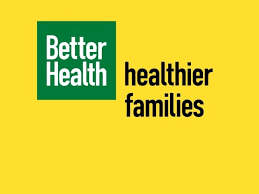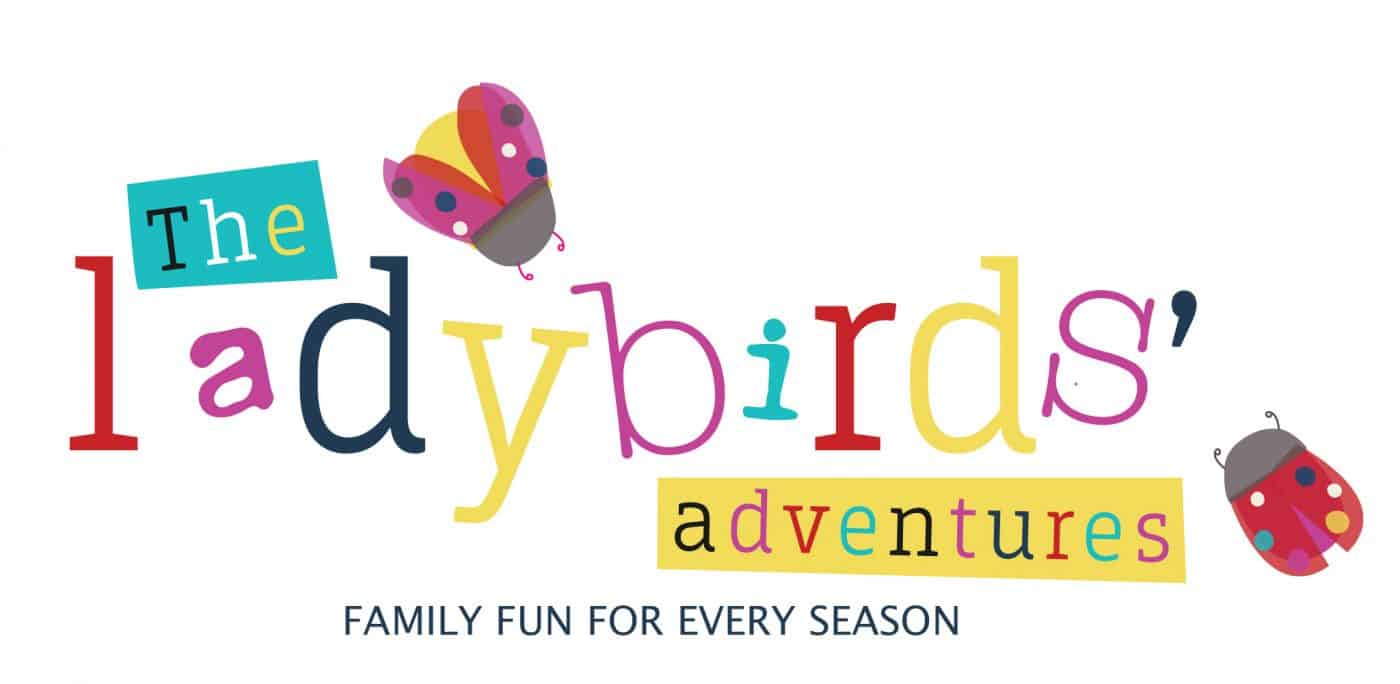Healthy Eating
At Fishponds CE Academy we encourage children to eat healthily.
Start the morning with breakfast
Did you know that starting off the day with a good breakfast can help your child perform better in class? A good breakfast can give your child's brain the fuel it needs to function better, and it can also help their mood. Not only will this make them a great learner, it can also help them to be more focused and engaged!
Snacks
Healthy snacks are an essential part of a their diet. Childhood is a critical time for growth and development, and snacks provide essential nutrients, that they need between meals. This means they should have a nutritious mid-morning and after-school snack. We encourage parents to provide their children with a piece of fruit or some vegetables for them to have at breaktime.
Balanced Meals
What does a balanced diet mean?
Fruit and vegetables
Fruit and vegetables provide lots of vitamins and minerals which are important for fighting off illnesses; they also contain fibre which contributes to healthy bowel movements. Fruit and vegetables can be included as part of a meal, chopped up and as a snack or as fruit juice or smoothies. You should aim to give your child at least 5 portions of fruit and vegetables every day. Fruit and vegetables can also help our skin and prevent spots! A child's portion is equal to:
- 1 medium sized banana, apple, orange or peach
- 2 small fruits e.g. plums, apricots, satsumas
- a handful of grapes, cherries, strawberries
- 3 tablespoons of cooked vegetables or fruit
- small salad
Cereals, potatoes, rice and pasta
These are all carbohydrate foods which give provide slow release energy. Try and choose the low sugar varieties of breakfast cereals such as Weetabix, Shredded Wheat, Ready Brek or Shreddies® and add dried fruit rather than sugar. Everyone should try and eat higher fibre types of bread and pasta such as wholemeal and granary bread, whole wheat pasta and brown rice. You should aim to provide a carbohydrate source at each meal time plus sometimes as snacks in between meals too.
Meat, fish and alternatives
These are all protein foods which are important for helping your child to grow and repair muscles. Try and include a variety of different protein containing foods such as lean meats, fish, baked beans, eggs, pulses, peas and lentils. You should aim to give your child a portion of protein at least twice a day.
Milk and dairy foods
These are all calcium containing foods and are important in your child's diet to support bone and teeth development. You should aim to provide your child with dairy foods three times a day. Soya products which are calcium enriched are suitable alternatives if they cannot tolerate or do not wish to eat dairy products.
Foods containing fat and sugar
Fat is an important part of your child's diet, it enables growth and development, and provides them with essential vitamins. They should eat healthy fats such as those from vegetable sources e.g. sunflower oil, rapeseed oils and spreads. You should avoid giving them large quantities of fats from pastries, crisps and manufactured products.
Sugar does not give us any vitamins or minerals only calories which can lead to excess weight gain if eaten regularly. Sugar can also cause tooth decay. You should try and give your child low sugar puddings, snacks and drinks e.g. sugar free jelly and sugar free squash.
Drinks
Your child should drink lots of water! A 200ml serving of pure fruit juice counts as one portion of fruit per day. Fruit flavoured squashes should be kept to a minimum and ideally sugar free.




